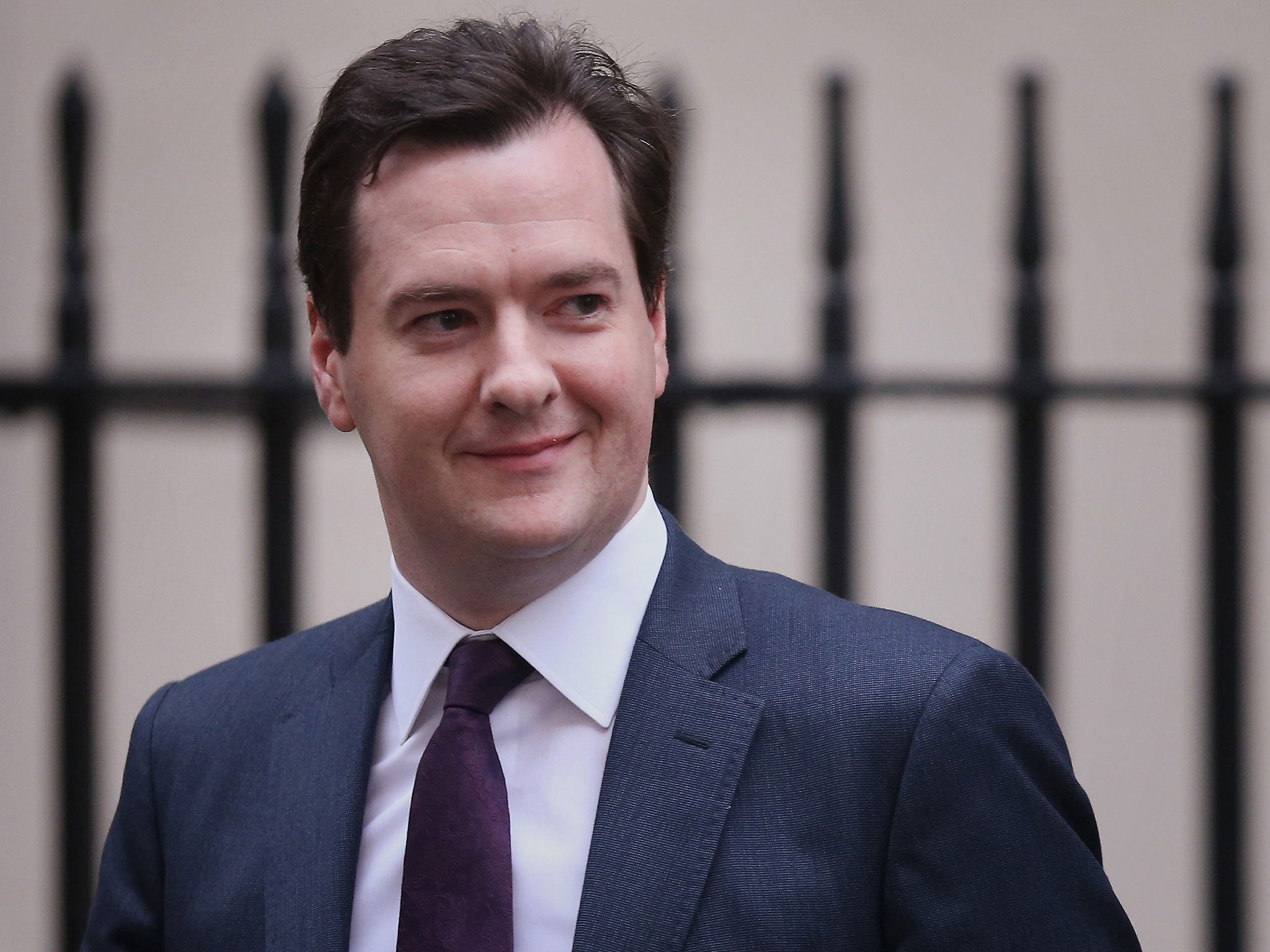Poorest and richest bear the brunt of George Osborne's Autumn Statement leaving 'squeezed middle' relatively unscathed
The package of tax rises and benefit cuts will cost the poorest 10 per cent of households in Britain £3.34 per week by 2015, while the richest 10 per cent will see their incomes decline by £8.05

The poorest and richest households in the country bore the brunt of the pain of George Osborne's Autumn Statement, while those in the middle were left relatively unscathed, research by a leading economic think tank showed today.
The package of tax rises and benefit cuts announced by the Chancellor will cost the poorest 10 per cent of households in Britain £3.34 per week by 2015, while the richest 10 per cent of households will see their incomes decline by £8.05, said the Institute for Fiscal Studies (IFS).
Households with annual incomes of around £14,200 lose £5.10 a week, while those with incomes around £16,900 lose £4.58. By contrast, those households just above the middle of the UK’s income distribution will benefit from Mr Osborne’s measures: households with an annual income of around £24,500 gain by around 45p per week, while those with incomes of £27,500 will be better off by £1.17.
The IFS also warned that, in the absence of further tax rises or welfare cuts, some government departments may have to slash their budgets by almost a third on their 2010 levels by 2017-2018 – cuts which the think tank’s director, Paul Johnson, described as “close to inconceivable”.
The poorest 50 per cent of households will see their incomes squeezed by the Coalition’s decision to limit increases in working-age benefits to 1 per cent for three years starting in April, a rise that will be below the expected rate of inflation. “These changes will clearly create real losses for poor households with the least ability to cope with real falls in their incomes,” said Mr Johnson.
The richest households will be hit by Mr Osborne’s decision to reduce the annual limit on pension tax contribution relief to £40,000 and to impose lifetime pension relief of £1.25m. They will also feel the impact of the decision to raise the threshold at which the higher rate of income tax becomes payable by less than the expected rate of rising earnings. The IFS estimates that by 2015 there will be 1 million more higher-rate taxpayers than there are today as a result of this “fiscal drag”.
The pain of the poorest will also be partially offset by the Government’s increase in the tax-free personal income tax allowance to £9,440 next April.
The deteriorating economic outlook compelled Mr Osborne to extend his austerity programme until 2017-18. But the IFS said that if the Government committed to retain its ring-fence for the NHS and schools, that would force departments such as the police, local government and transport to impose cuts of 16 per cent over the three years to 2017-18. And their budgets could be 30 per cent smaller than they were in 2010.
Join our commenting forum
Join thought-provoking conversations, follow other Independent readers and see their replies
Comments